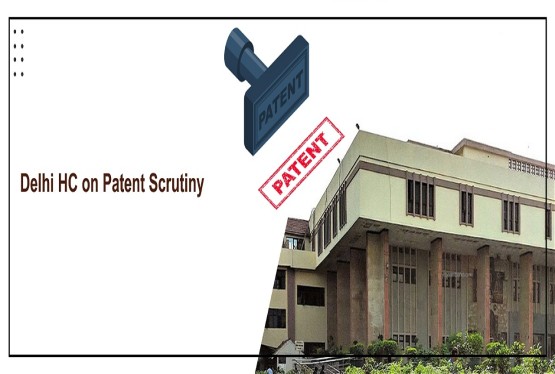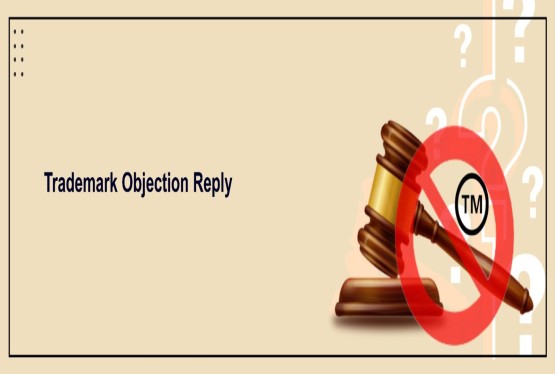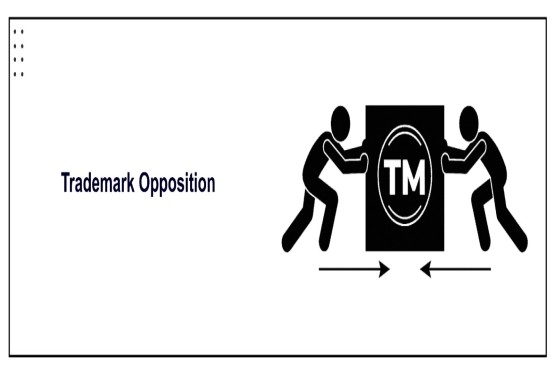Delhi High Court has reversed an order passed by the Intellectual Property Appellate Board (IPAB) that had removed the Well-Known Trademark Swiss luxury brand 'Davidoff' from the Indian Trade Marks Register. The ruling is being regarded as a major victory for procedural integrity and the rights of trademark proprietors. This case guides the importance of procedural compliance by the Trade Marks Registry, particularly in matters related to trademark renewal and removal under the Trade Marks Act.
Case Background
The petitioner, M/s Zino Davidoff SA, a globally recognized Swiss luxury brand dealing in perfumes, cigars, and accessories, had registered the trademark ‘Davidoff’ in India on May 30, 1986, under Class 34. The registration was valid until May 30, 1993.
Although the Certificate of Registration was issued much later on December 31, 1997, the company filed for trademark renewal on June 29, 1998, and again on April 16, 2001, covering up to May 30, 2007.
However, the IPAB, in a surprising turn, held that the trademark should be removed from the register due to non-compliance with statutory deadlines for renewal, despite the Registry having accepted the renewal fees and issuing receipts.
Delhi High Court's Observations
Justice Amit Bansal, while setting aside the IPAB order, emphasized the following key points:
Violation of Section 25(3) of the Trade Marks Act, 1958
This section mandates that before a trademark is removed from the register on the grounds of non-renewal, the Registrar must notify the proprietor through Form O-3, giving them a chance to renew.
Section 25(3), Trade Marks Act, 1999:
“At the prescribed time before the expiration of the last registration of a trademark, the Registrar shall send notice in the prescribed manner to the registered proprietor of the date of expiration and the conditions for renewal.”
The Court found that the Registrar failed to prove that such a notice was issued before the trademark was removed.
Rule 64 of the Trade Marks Rules, 2017
Rule 64 read with Form O-3 sets the procedural requirement for serving notice to the trademark owner before any removal.
Rule 64, Trade Marks Rules, 2017:
“Notice before removal of a trademark must be given in Form O-3 to the registered proprietor.”
Since no Form O-3 was issued or served, the removal of the trademark was deemed illegal and procedurally flawed.
Court’s Conclusion
The Delhi High Court held that administrative lapses on the part of the Trade Marks Registry cannot result in penalizing the trademark owner, especially when there is no evidence of deliberate delay or misconduct from the proprietor.
Accordingly, the Court directed the restoration of the 'Davidoff' trademark to its rightful position in the Trade Marks Register.
Connected Case Laws
-
Kabushiki Kaisha Toshiba v. Toshiba Appliances (2007) 72 PTC 241 (SC)
The Supreme Court held that when a mark has acquired distinctiveness, procedural lapses should not defeat substantive trademark rights.
-
Sun Pharma Laboratories Ltd. v. Ajanta Pharma Ltd., (2021) SCC Online Del 4233
The Delhi High Court emphasized that well-known trademarks deserve heightened protection, and mere procedural defects should not lead to their invalidation.
-
Midas Hygiene Industries v. Sudhir Bhatia, (2004) 3 SCC 90
It was held that in IP matters, injunctions are to be granted where there is clear misappropriation, and procedural technicalities should not defeat rights.
Key Takeaways
-
Form O-3 is a mandatory procedural step before removing a trademark.
-
Registry’s failure to serve notice cannot be used to penalize the trademark owner.
-
Courts may intervene where administrative or procedural failures have infringed on legitimate rights.
-
This judgment strengthens the rights of long-standing brand owners in India and signals a pro-owner approach in procedural disputes.
Final Thoughts
The Delhi High Court's decision in the Davidoff case reinforces the principle that procedural fairness must be upheld in the enforcement of intellectual property rights. It serves as a reminder to trademark authorities that due process cannot be skipped and sets a robust precedent for future cases involving renewal disputes. For IP practitioners and trademark owners, this case is a critical reference point on maintaining trademark validity and enforcing procedural rights.






























_(b)_of_the_Trademark_Act,_1999_(1)_crop10_thumb.jpg)



_crop10_thumb.jpg)




























_crop10_thumb.jpg)
_crop10_thumb.jpg)






_crop10_thumb.jpg)








_crop10_thumb.jpg)



_crop10_thumb.jpg)





























_crop10_thumb.jpg)

















_crop10_thumb.jpg)






_crop10_thumb.jpg)












































































































































_crop10_thumb.jpg)




































_crop10_thumb.jpg)












_crop10_thumb.jpg)














































_crop10_thumb.jpg)








































































































